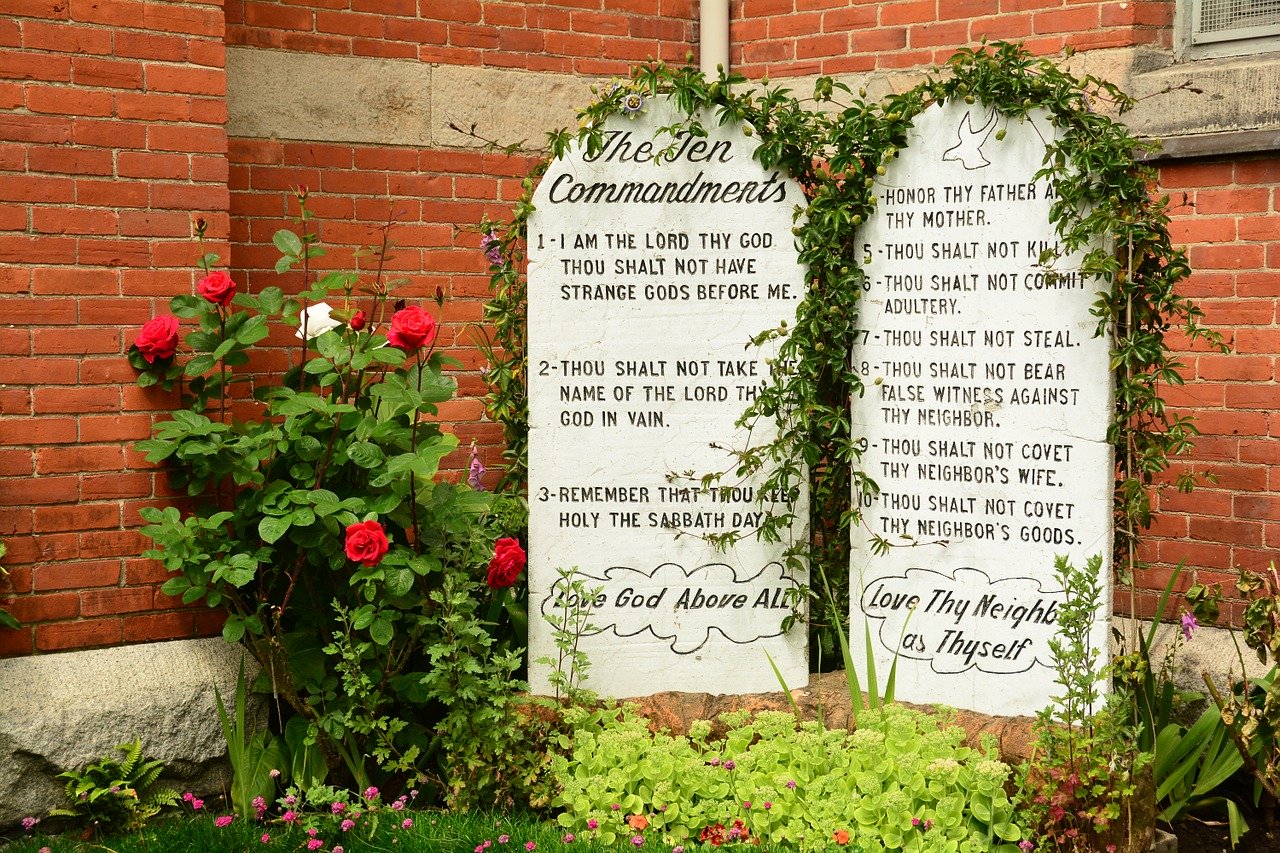Religious leaders didn’t receive tithes in the 1st-century Christian church. Additionally, religious leaders had careers outside of their church duties. Most congregations were poor and could not afford to pay a pastor to work only on church duties. However, the early clergy were given gifts of food, clothing, and minimal monetary assistance.

Table of Contents
- God’s House Needs the Tithe
- Listen to the Podcast
- Tithes, Storehouse, and Full-Time Ministry
- Frequently Asked Questions
- Outsmart the False Teachers
God’s House Needs the Tithe
A READER sent the following comment about the tithe:
The Tithe guarantees meat in God’s house. This is so full-time priests aren’t left to serendipity, having forsaken all other jobs to answer the call.
Listen to the Podcast
Tithes, Storehouse, and Full-Time Ministry
In this episode of The Tithing Hoax podcast, I cover the following:
- The meaning of “meat” and “storehouse” in Malachi 3:10
- The Myth of the Full-Time Ministry
- The Real Church of the Bible
- Why the call to ministry does not always mean pastoring a church
- And more…
Frequently Asked Questions
How Do Churches Get Money to Build?
Churches typically acquire funds for building projects through member tithes and offerings, fundraising events, donations from the congregation and sometimes the wider community, and grants or loans. Member contributions are often the primary source, with many churches encouraging their congregations to give specifically towards building funds.
Additionally, some churches may apply for grants from religious or philanthropic organizations or secure loans from financial institutions to supplement their building funds. The financial strategies for building projects can vary widely depending on the church’s size, denomination, and financial policies.
Where Do Pastors Get Their Money?
Pastors typically receive their income primarily from the salaries paid by their churches, which are funded by the congregation’s tithes and offerings. In addition to a base salary, some pastors may receive housing allowances, health insurance, and other benefits as part of their compensation package.
Additionally, pastors may receive income from other sources, such as honorariums for guest speaking at events, writing books or articles, and leading workshops or conferences. The amount and structure of a pastor’s compensation can vary widely depending on the size and financial resources of the church, the pastor’s level of experience, and denominational policies.
What Do Pastors Get Paid?
Pastors’ salaries can vary based on factors such as the size and location of the church, the denomination, and the pastor’s experience and education. Generally, a pastor’s compensation package may include a base salary, housing allowance, healthcare benefits, and sometimes retirement contributions.
Smaller churches might offer modest salaries, while larger congregations or those in urban areas often provide higher compensation. The average salary for a pastor in the United States, as of April 2023, was typically $30,000 to $100,000 annually, but these figures can vary widely.
Outsmart the False Teachers

Discover the hidden truth about tithes the prosperity preachers don’t want you to know.👉👉 Click here.








